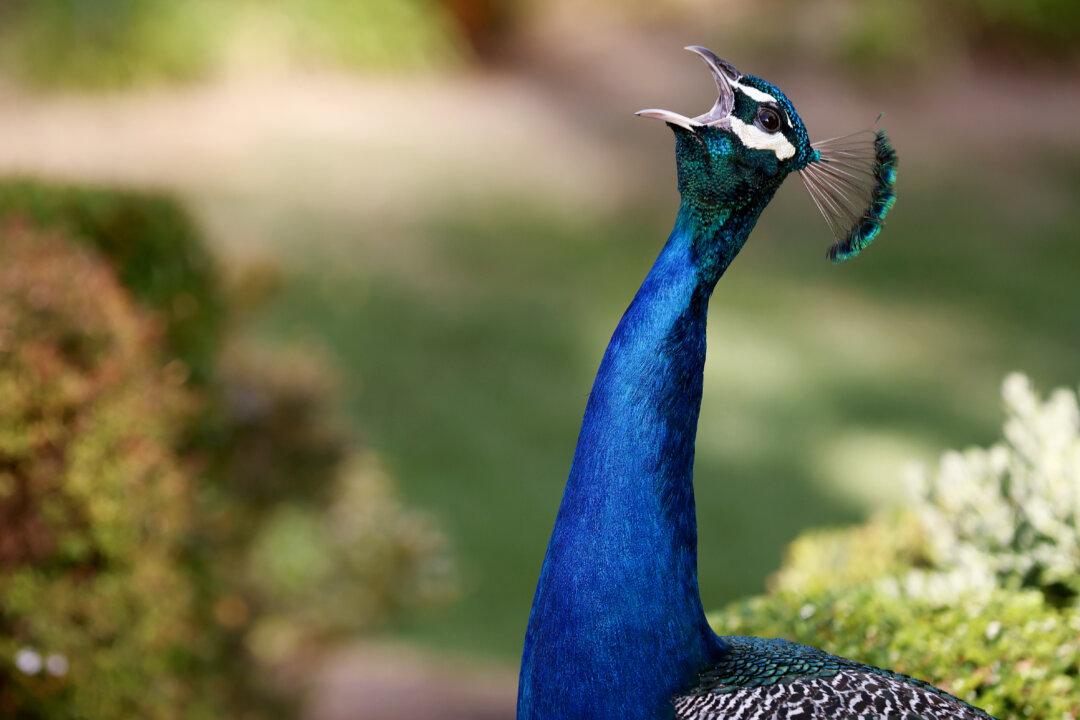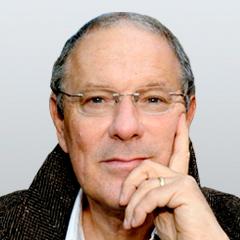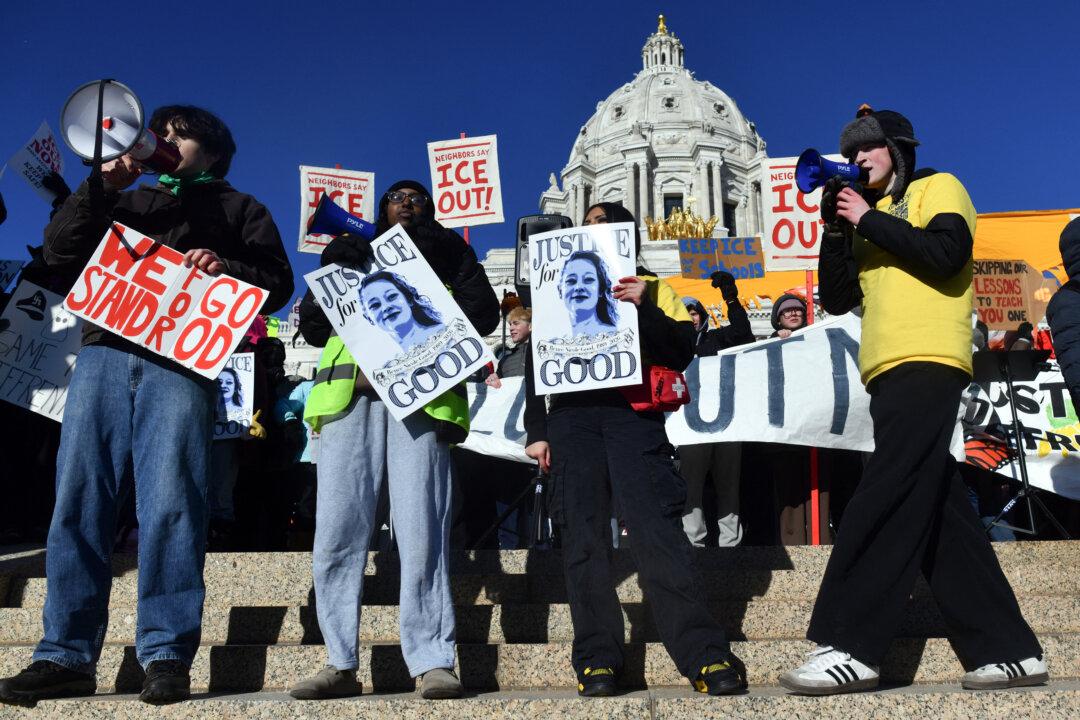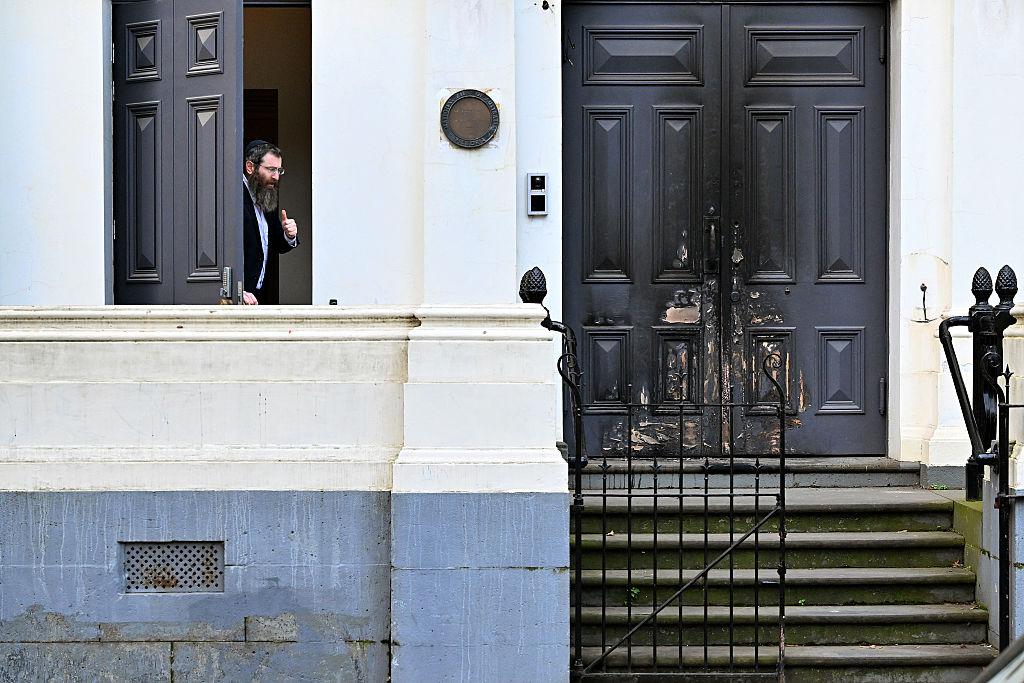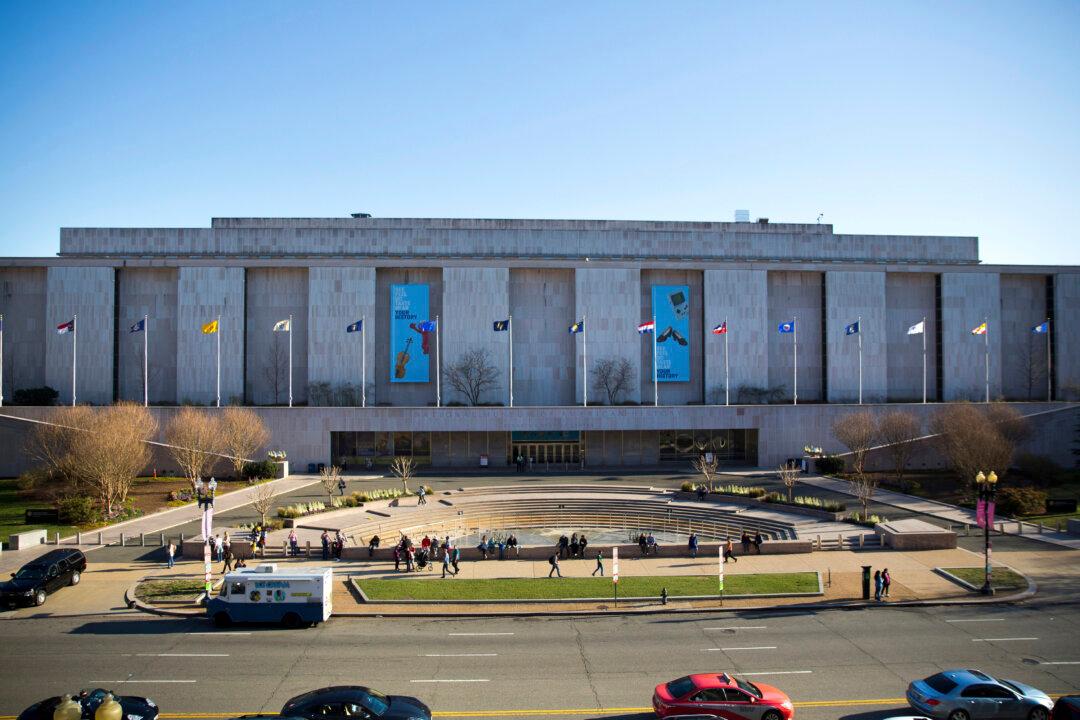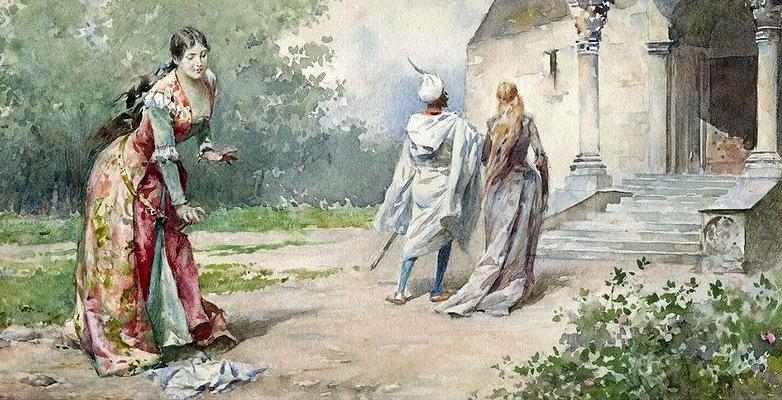Commentary
Satire these days is prophecy. Moreover, satire is becoming ever more difficult, if not impossible, because policy so soon outruns it in absurdity. My late friend, the eminent economist Peter Bauer, used to say that the only genuine unemployment these days is among satirists.
